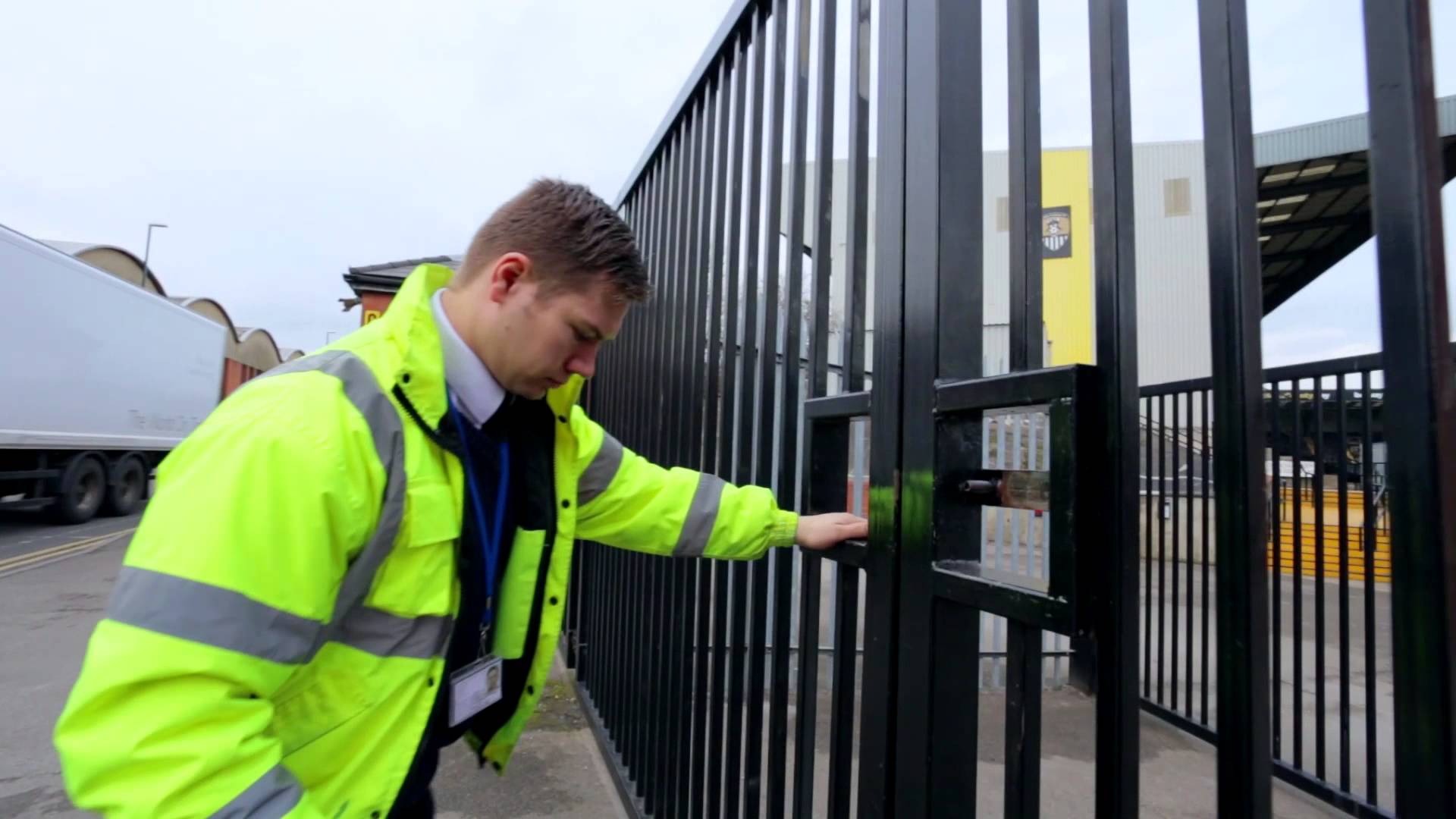
Professional security guards do far more than stand at entrances in uniform. They play a critical role in protecting people, property, and business assets around the clock. Whether deployed at commercial buildings, construction sites, corporate offices, retail spaces, or public events, trained guards provide a visible and proactive security presence that technology alone cannot match.
One of the primary duties of a security guard is controlling who enters and exits a site. Effective access control prevents unauthorised individuals from entering restricted areas and helps maintain a safe environment.
Key responsibilities include:
This is the first line of defence against intruders and internal security breaches.
Tips on hiring security guards ->
Large gatherings—such as sporting events, festivals, or busy retail environments—can quickly become unsafe without proper supervision. Security guards are trained to:
Crowd control isn’t just about strength—it’s about calm leadership under pressure.
Security personnel are often the first responders before official emergency services arrive. Their rapid intervention can protect lives and minimise damage.
Responsibilities include:
A trained guard can make the difference between a minor incident and a major disaster.
Effective security is proactive—not just reactive. Guards remain alert at all times to detect risk before it escalates.
Their duties include:
Detailed reporting is essential for insurance, legal compliance, and future risk prevention.
Not all risks are physical. Security guards are trained to handle confrontations professionally, using communication before force.
They are expected to:
This skillset protects staff, customers, and company reputation.
Professional guards operating in the UK must:
Working with licensed guards demonstrates legal compliance and duty of care.
Legal compliance in security guarding ->
Security guards are deployed across multiple sectors, including:
Every industry faces unique risks—and trained guards address them in real time.
The best guards combine professionalism with practical skill:
They are trained, licensed, and trusted—not just a visual deterrent.
Technology such as CCTV is essential, but it cannot intervene in real time. A trained guard can:
When safety, reputation, and compliance matter, manned guarding remains the most effective frontline security solution.
If you require licensed, reliable, and proactive guards for your site, we can help.
✔ Fully trained and SIA-registered personnel
✔ Tailored guarding solutions for every industry
✔ 24/7 coverage available
Contact us today for a free security assessment and find out how our manned guarding services can protect your people, premises, and assets.

Head Office
18-20 Millbrook Road East,
Southampton, Hampshire, SO15 1HY
Tel: 0800 799 9800
Email: info@veritech-security.com
Hours: Monday - Sunday: Open 24 Hours
Simply complete our quick survey below